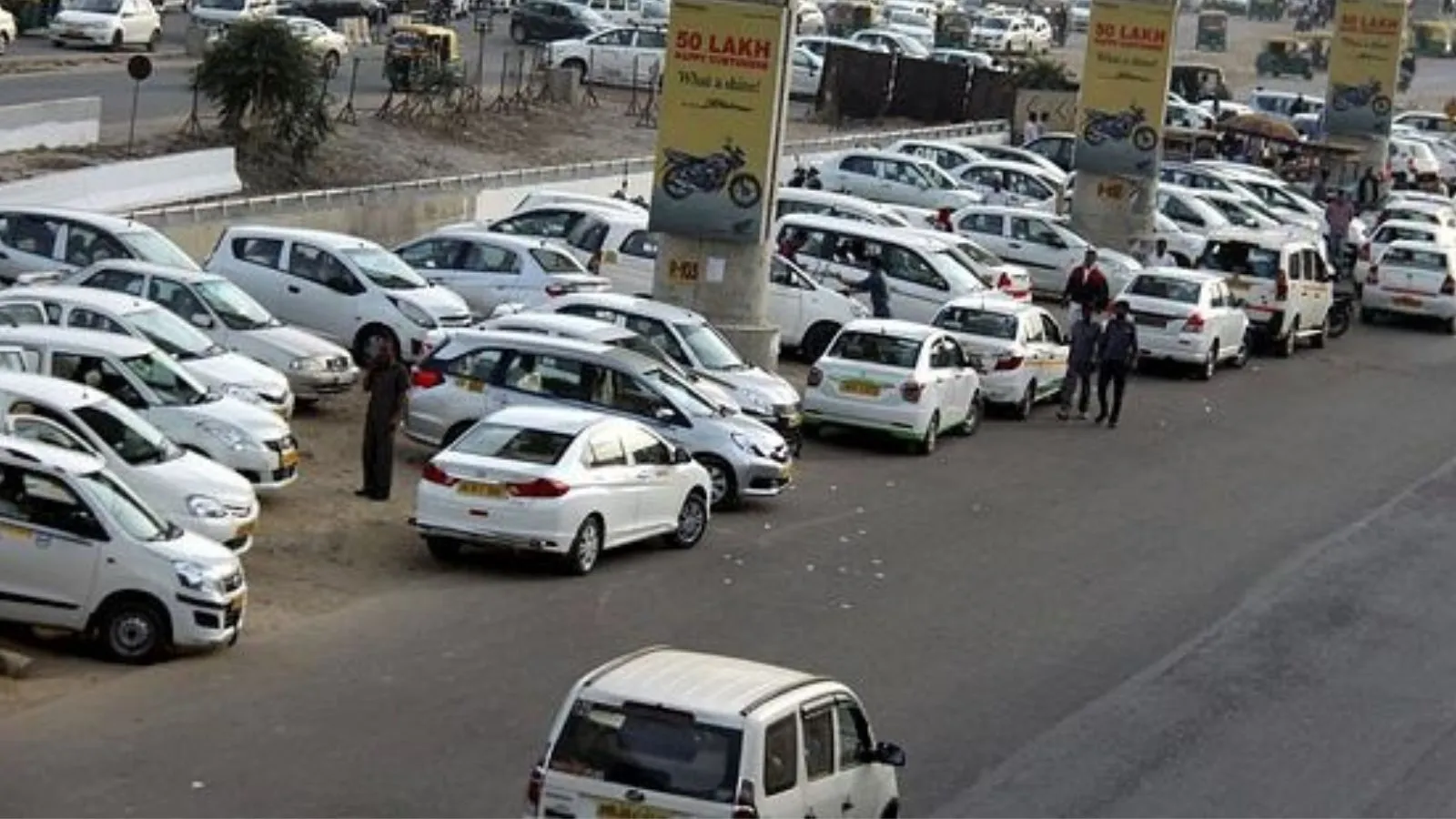The Karnataka government has introduced a new uniform fare system for app-based cab services like Ola and Uber, as well as metered city taxis. The announcement, made on February 3, categorizes vehicles into three groups based on their cost, simplifying the fare structure.
Full Story:
Under the new fare structure, vehicles priced below 10 lakh rupees will have a minimum fare of 100 rupees for the first 4 kilometers, with an additional charge of 24 rupees for each extra kilometer. For vehicles priced between 10 lakh and 15 lakh, the minimum fare is set at Rs 115 for the initial 4 kilometers, with a subsequent charge of Rs 28 per kilometer. Vehicles exceeding 15 lakh in cost will have a minimum fare of Rs 130 for the first 4 kilometers, and each extra kilometer will be charged at Rs 32. Notably, surge pricing is strictly prohibited, ensuring passengers are not subjected to unexpected and inflated fares.
L Hemanth Kumar, additional commissioner for transport and secretary of State Transport Authority, highlighted the significance of the uniform fare system, stating, “Earlier, there were separate fares for app-based and city taxis. Additionally, each category had minimum and maximum fares, which we have now eliminated. We decided to introduce uniform fares for all taxis/cabs. Further, we removed the non-AC category from the fare structure, as all vehicles now come equipped with AC facilities.”
)
Source: Business Standards
According to the directive, waiting charges will not be applicable for the initial five minutes, and afterward, passengers will be charged Rs 1 for each subsequent minute. App-based aggregators will collect a 5 percent GST, while toll charges may be passed on to passengers. Nighttime fares, applicable from 12 am to 6 am, will see a 10 percent increase.
The official order emphasizes that rates should not be time-based, and passengers will be charged based on the fixed fares declared by the government. Unauthorized fares are strictly prohibited, ensuring transparency and fairness for all commuters. The fare structure also addresses the concerns of drivers and passengers by eliminating the previous distinctions based on vehicle price. Tanveer Pasha, president of the Ola Uber Drivers and Owners Association, applauded the decision, stating, “We have been advocating for a unified fare structure. When the fare is lower, drivers end up losing money. In case of surge pricing, customers pay more. Previously, there was a fare category of vehicles costing less than Rs 5 lakh which has now been removed. This will also ensure fixed income for drivers.”

Source: The Indian Express
Both Ola and Uber licenses under the Karnataka On-demand Transportation Technology Aggregators Rule 2016 expired in 2021. Despite their license renewal applications, the Karnataka transport department denied renewal due to rule violations, including the failure to install GPS and panic buttons, as well as the non-display of driver details.



















































































